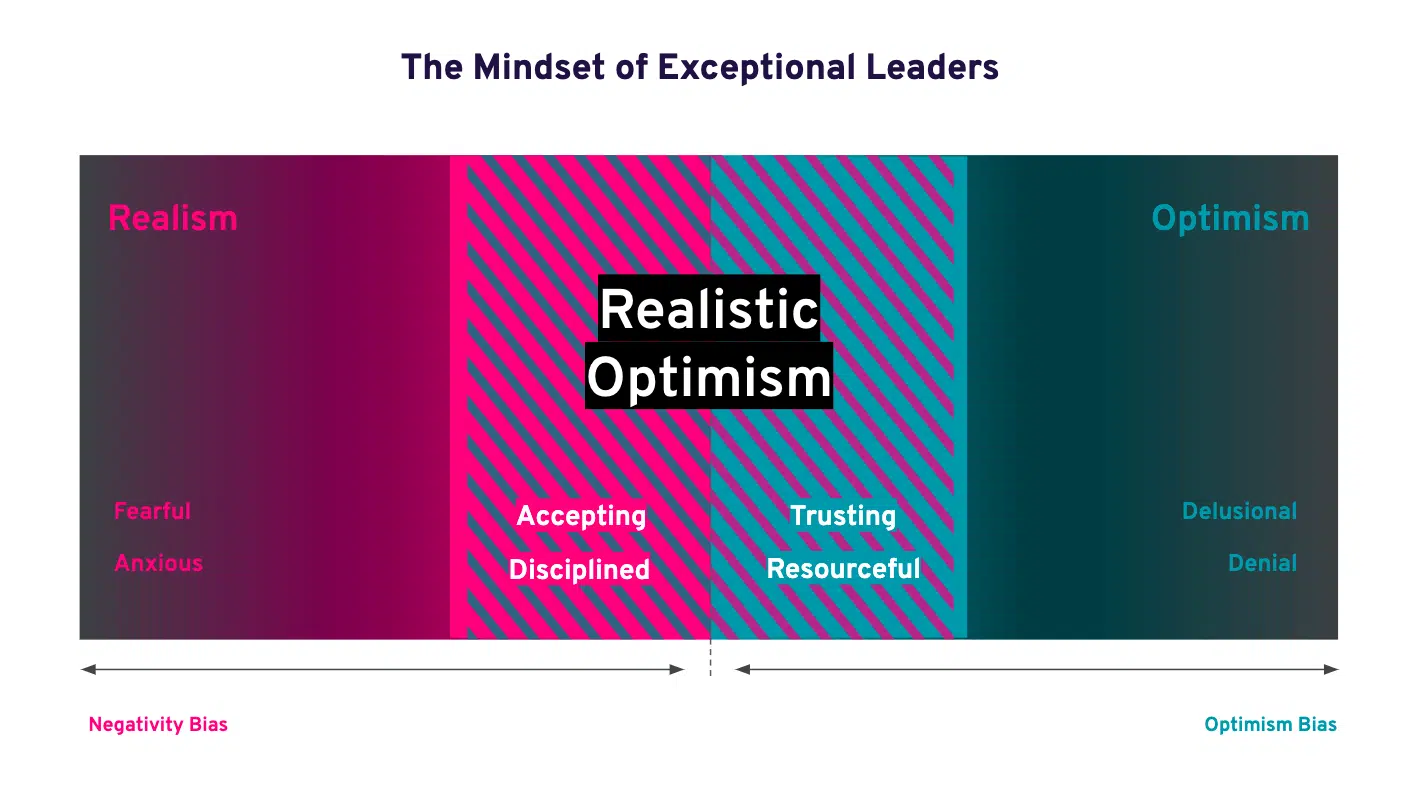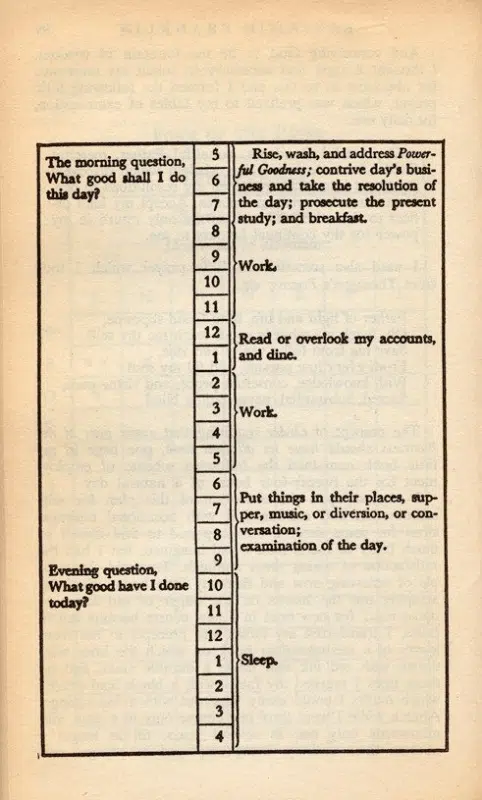I couldn’t sleep a few nights ago. Maybe it was the news that a friend had been laid off from work or fear that my sister had contracted the COVID-19 virus. Or, as an organizational leader, maybe it was the ripple of thoughts about how best to show up for my team during this challenging time. While the details might look different on your end, I imagine that one thing is the same: the deep uncertainty that now pervades much of our personal and professional lives.
At Hone, we help train organizations and their people for the future of work; increasingly, we’ve been focused on training leadership in times of crisis and helping leaders make the appropriate shift in mindset to cope and thrive in an uncertain world. During this unprecedented global health pandemic how can we, as leaders, inspire trust and set our teams up for success?
The work starts with shifting our relationship to uncertainty. Contemporary research in neuroscience shows that our brain interprets uncertainty as an error – something that must be fixed before we can feel comfortable again. “I need to solve this NOW,” our survival brain insists.
This pressure to know can lead us and those we manage to seek certainty in extreme thinking. For some, it means assuming the worst case scenario, what psychologists call the “negativity bias”. Thoughts like “I just know I’m going to lose my job” live here.
For others, it means holding on to the best case scenario, or what psychologists call the “optimism bias”. Thoughts like “we’ll be back to normal soon” can lead us down a path of delusional optimism.
The Mindset of Exceptional Leaders

Great leaders understand these pitfalls, and strike a healthy balance of realism and optimism – a mindset called realistic optimism.
In his classic book From Good to Great, Jim Collins refers to this mindset as the “Stockdale Paradox”. Collins notes the exceptional leadership of James Stockdale, the U.S Navy Admiral awarded the Medal of Honor in the Vietnam War. Stockdale was held as a prisoner of war for seven years.
Collins asked him about the key lessons he learned.
“Oh, that’s easy. I can tell you who didn’t make it out. It was the optimists…”
“This is what I learned. You must never confuse, on the one hand, the need for absolute, unwavering faith that you can prevail despite those constraints with, on the other hand, the need for the discipline to begin by confronting the brutal facts.”
James Stockdale
This is an important paradox. Exceptional leadership requires both an acceptance of the harsh realities AND an unwavering trust that we will prevail moving forward.

Apply Stockdale’s mindset at work with these five best practices to inspire trust and maintain your team’s focus.
Face down reality together
When a team’s mindset is stuck in negativity bias thinking, we ruminate in “what if” scenarios. This leads to a downward spiral of reactive thoughts. “What if I lose my biggest client?” “What if I lose my job?” “What if I can’t support my family?”
Instead, focus on what is thinking. Consider how different this starting point is: what if I lose my biggest client VS what is happening is that my client’s currently struggling. “What is” thinking is grounded in what we can control, and provides a solid reference point to build upon. Notice when your team falls into “what if” thinking, and with compassion, help move them towards “what is” thinking.
Be inclusive of your team’s diverse perspectives
Accept that your employees may have very different opinions on the best path forward. Listen deeply, and ask open-ended questions to better understand their perspectives. Ask simple questions like “what feels most important to you right now?” or “how can I best support you?” In times of uncertainty, people often just want to feel heard and acknowledged. “Wronging” others leads to shame and mistrust, and is correlated with drops in employee engagement, productivity and retention at work. Focus on building a culture of inclusion during difficult times, and your team will reap the benefits as you emerge as a more resilient and productive unit.
Align behind shared purpose

Start by asking yourself the right questions. In his bestselling biography chronicling the life of Benjamin Franklin, Walter Isaacson includes an image of Franklin’s daily schedule, pictured on the right.
Franklin credited his legendary productivity and focus to a purpose-driven question that he asked himself each morning: “What good shall I do this day?”
When the stakes are high, it’s especially important that our teams feel connected to purpose. Research shows that employees who find purpose in their work are significantly more engaged and productive.
What about you – what questions do you ask every morning? And how can you align more to the purpose of your organization?
Find moments to genuinely appreciate those around you
Genuine praise and appreciation for others goes a long way, especially during difficult times. Research links appreciation to more positive emotions, less stress and health complaints, fewer sick days, and higher job satisfaction in the workplace. The key is to be authentic and communicate your appreciation in specific ways. We recommend focusing on the behavior that you notice and its impact on you, your team or your larger organization. “You absolutely nailed that sales call” or “you were clear in your delivery and thoughtful in the questions you asked” is a lot more powerful than “nice job.” Help invoke feelings of optimism by focusing your team on what is working, and taking time to celebrate small wins and accomplishments.
Continually improvise
As leaders, we must continually improvise and provide leadership development opportunities for our teams to practice developing these skills and mindsets. Instead of focusing on realism or optimism, exceptional leaders and teams must adopt an AND approach. They accept the negatives of the situation AND generate new, previously unforeseen positive sparks that form the basis for innovative thinking. Especially critical in these tough times, they turn everyone on their teams into realistic optimists.
Like this article? Download our exclusive learners guide: Three Key Management Behaviors Aligned with Realistic Optimism
If you would like to learn more about the Stockdale Paradox and practice realistic optimism in a live training environment, Hone offers leadership and management courses for you and your team; these courses include Leading Through Difficult Times and Guiding People Through Change. See more of our available courses at app.honehq.com/catalog.










